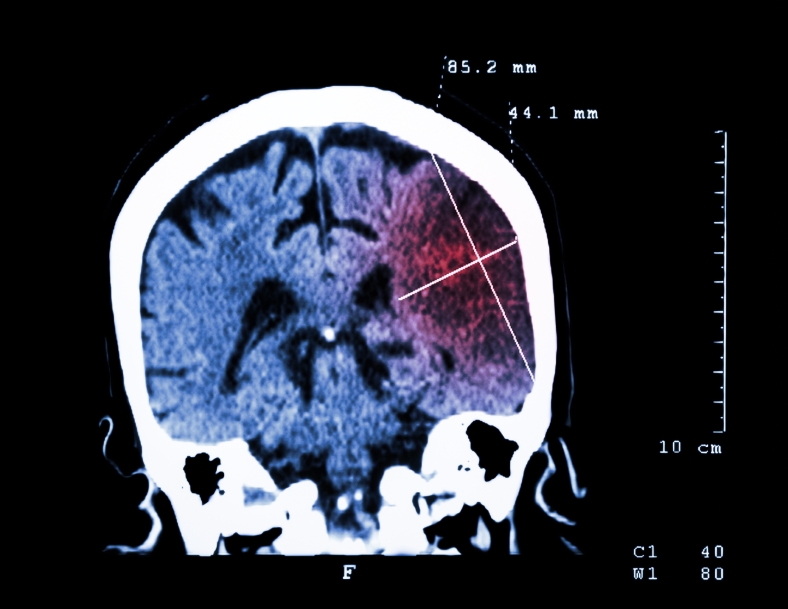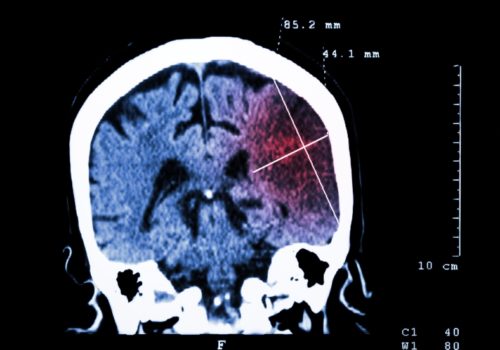Recent guidelines recommend two key steps to reduce ischaemic stroke in people with atrial fibrillation: 1. Improving the assessment of stroke risk and 2. Increasing the use of evidence-based anticoagulant therapy. In this article, leading specialists explain how to apply current guidelines to improve current practice in stroke prevention.
What’s new in FH genetics?
Recent advances in next generation sequencing (NGS) have reduced costs and made genetic diagnosis of familial hypercholesterolaemia (FH) quicker. This article reviews some of the technological breakthroughs in DNA testing in FH and benefits to patients and clinicians.
HEART UK – The Cholesterol Charity – has provided editorial support and review of this sponsored FH series.This article was made possible by an unrestricted educational grant by Sanofi, who had no control over content.
The effective management of gout
This article provides an overview of gout, including its optimal treatment, links with cardiovascular disease and the value of European and UK guidelines.
E-cigarettes: key issues and potential impact on public health
Electronic cigarettes, e-cigs, vaporisers and the various other names given to these new devices have become a phenomenon. Their popularity over the past few years has grown significantly, with an expansion of highstreet e-cigarette shops, marketing via the internet and social media, as well as traditional approaches using print advertisement and mass media campaigns. Despite their increasing usage largely by smokers and ex-smokers, e-cigarettes have divided opinion as to whether they can offer real benefits or they are potentially damaging to public health. While a recent Public Health England review concluded that e-cigarettes could be prescribed to help smokers to quit, the Welsh government plans to restrict their use in the same way as for conventional cigarettes. This paper will present some of the main issues that surround e-cigarettes and highlight the potential consequences good and bad that this new technology may bring.
Health-related quality of life among atrial fibrillation patients at diagnosis and one year later
Therapeutic interventions in atrial fibrillation primarily aim at reducing symptoms and improving or maintaining patients’ health-related quality of life (HRQoL). As most studies in this area have focused on randomised trial populations with highly symptomatic patients, this large observational study aims to assess HRQoL in a typical UK general practice setting.
Optimising medical therapy for stable angina patients
Percutaneous coronary intervention (PCI) has no benefit over optimising medical therapy (OMT) in the management of patients with chronic stable angina. Guidelines recommend an initial OMT approach; however, the use of medicines remains suboptimal. The aim of this study was to test whether a primary care clinical pharmacist service could enhance the management of patients with chronic stable angina.
Heart failure: improving outcomes today
The outlook is bleak for patients with untreated or suboptimally treated heart failure (HF). Conversely, optimising management (HF) improves patient survival and reduces hospital admissions. However, standards of care continue to vary, and many HF patients are still not receiving recommended therapy with disease-modifying drugs or specialist input to their care. Outcomes will only improve for all our HF patients if evidence-based clinical guidelines are implemented throughout the NHS.
Optimising the management of heart failure
Heart failure (HF) is an important cause of morbidity, mortality and misery for patients. However, there are many ways to improve and extend the lives of people with HF, if clinicians are familiar with and apply the numerous traditional, less mainstream and more innovative evidence-based treatment options. This article reviews current best practice in the management of chronic HF and of acute decompensated HF, and considers recent insights, controversies and innovations in this important, fast moving field.
Heart failure today: The challenge
Heart failure is an important public health problem that is associated with significant morbidity, mortality and healthcare costs, especially in the over-65s. Despite reductions in HF-related mortality, hospitalisations remain frequent and readmissions continue to rise. It is these admissions to hospital that put a financial strain on the local health economy, and cause stress and anxiety for the patient and supporting family.
Heart failure: Improving outcomes today
Optimising the management of heart failure improves patient survival and reduces hospital admissions. However, standards of care continue to vary, and many HF patients are still not receiving recommended therapy with disease modifying drugs or specialist input to their care. Outcomes will only improve for all HF patients if evidence-based clinical guidelines are implemented throughout the NHS.
Briefing: Chronic kidney disease
Chronic kidney disease (CKD) is the term used to describe long-lasting abnormal kidney function and/or structure. It is common and often exists together with other conditions like cardiovascular disease (CVD) and diabetes. CKD is an essential diagnosis because treatment can reduce the risk of CVD and prevent or slow progression to kidney failure. This is your briefing on important NICE guideline changes that will help us to better identify at-risk patients while making over-diagnosis less likely.
Optimising the management of heart failure
Evidence-based guidelines offer many options to improve and extend the lives of patients with heart failure (HF). This article reviews current best practice in the management of chronic HF and of acute decompensated HF, and considers recent insights, controversies and innovations in this important field.






















